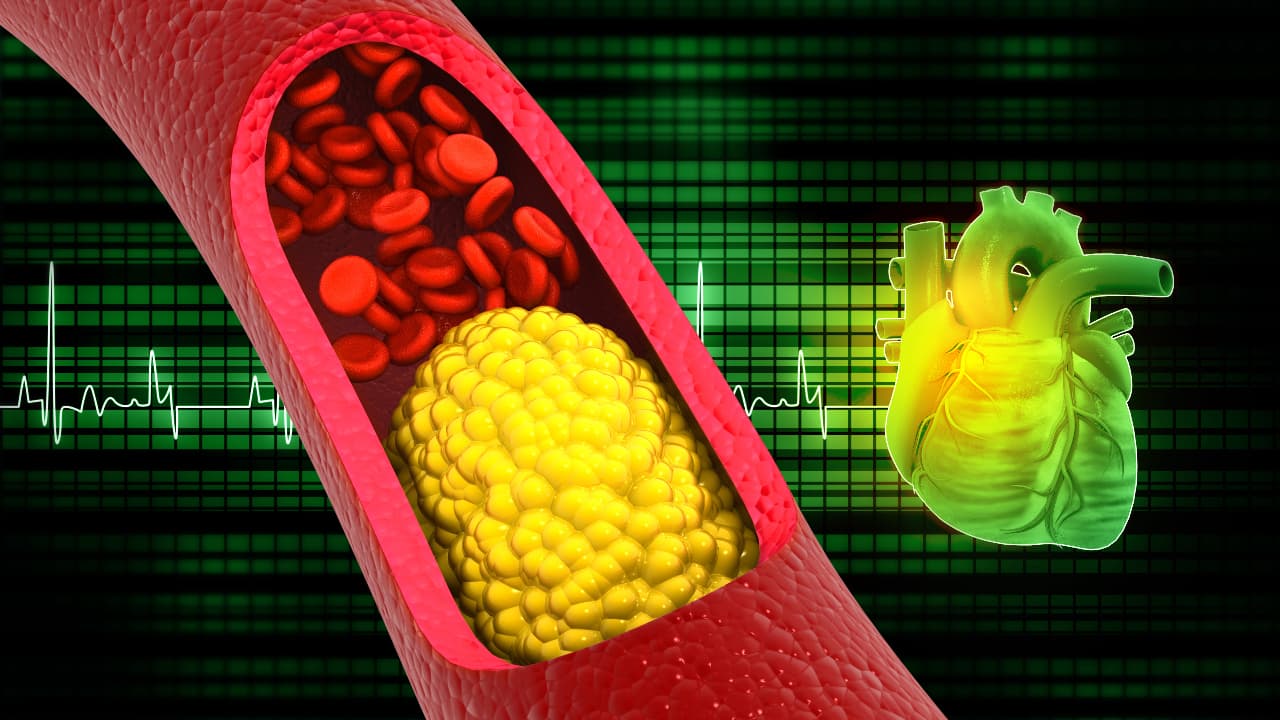Discover Enlicitide, a new daily pill for genetic high cholesterol (HeFH). A recent trial shows it lowers bad LDL cholesterol by over 55%. Is this the future of HeFH treatment?
A new cholesterol-lowering medication has showed significant advantages in early testing, particularly for individuals with a genetic disorder known as heterozygous familial hypercholesterolaemia (HeFH). This condition affects about one in every 250 individuals and causes extremely high levels of LDL cholesterol, often referred to as “bad” cholesterol.
People with HeFH inherit a faulty gene that impairs the body’s ability to remove LDL cholesterol effectively, leading to a buildup of cholesterol in the bloodstream from a young age. Over time, this can increase the risk of atherosclerotic cardiovascular disease (ASCVD), a condition where fatty substances accumulate in the arteries. These deposits can cause the arteries to narrow, restrict blood flow, and increase the likelihood of heart attacks and strokes. The study findings were recently published in the journal JAMA.
PCSK9 Inhibitors
The new drug, named Enlicitide and developed by Merck, is part of a class of medicines called PCSK9 inhibitors. PCSK9 is a protein in the blood that helps break down receptors in the liver that are responsible for removing LDL cholesterol. Enlicitide functions by inhibiting this protein. When PCSK9 is blocked, the liver can maintain more of these receptors active, allowing it to remove more LDL cholesterol from the blood.
International Study
The research was a phase 3 clinical trial that lasted 52 weeks. It involved 303 adults with HeFH from 17 different countries. All participants were already taking statins or other cholesterol-lowering treatments. They were randomly assigned to one of two groups: one received a 20 mg Enlicitide pill daily, while the other received a placebo, which is an inactive pill. Neither the participants nor the doctors knew who was taking the actual drug.
After 24 weeks, individuals taking Enlicitide experienced an average reduction of 58.2% in their LDL cholesterol levels, while the placebo group showed minimal change. By the end of the full 52-week trial, the Enlicitide group still had an average reduction of 55.3% in LDL cholesterol, while the placebo group actually saw an increase of 8.7% in their LDL cholesterol levels.
The drug also had a positive impact on other harmful cholesterol-related indicators. Levels of apolipoprotein B, another important marker for heart disease risk, decreased by 48.2%, and levels of lipoprotein(a), a cholesterol particle influenced by genetics, dropped by 24.7%.
Safety and Next Steps
Enlicitide seemed to be well-tolerated. The number of people who experienced side effects was similar in both groups, and only a small number stopped taking the medication due to problems.
Researchers suggest that these early results indicate that Enlicitide could be an effective and convenient treatment for individuals with HeFH.
Further studies will examine whether the medication not only lowers cholesterol but also helps in preventing heart attacks and strokes. Scientists also aim to test the drug in a broader group of patients who are at high risk for heart disease.
